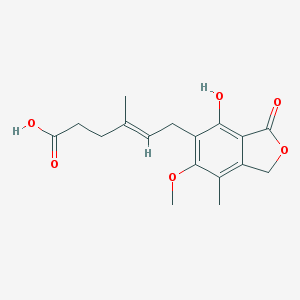Sustainable development has been one of the most discussed concepts in the past decade, for good reason. Everyone, from blue collar breadwinners to powerful executives, is trying to protect the environment. Their respective decisions about sustainability have a huge weight in the global market, where demand drives operational decisions. Therefore, enterprises in many industries feel the impact of sustainability on consumers and enterprises. Chemical companies are one of the organizations most vulnerable to this development. Why? Many companies rely on industrial niches, and these products face the risk of reduced use or complete elimination due to the continuous promotion of sustainable development initiatives. According to the American Chemical Society, about 60% of ethylene (the most widely produced organic compound in the world) is used to make polyethylene, which is the deadly enemy of sustainable development: plastics. Petrochemicals, which are crucial to oil production, face a similar fate, as companies and consumers switch from traditional energy sources to solar and wind energy.
These risks require significant action. Chemical companies should start to adapt to these developing market conditions and prepare for the near future, when plastics and fuel were once the characteristics of the material society, no longer generating interest and related income, they used to.
Consumer support for sustainable alternatives
Although market variables such as availability and price are still of great importance to consumers, another factor has begun to challenge these once basic value propositions: sustainability. Modern consumers are keen to protect the environment and protect themselves and their children from artificial ingredients and products that they think are harmful. In fact, nearly three-quarters of people change their shopping habits to reduce the impact on the environment, while more than one-third are willing to spend more on sustainable products, according to Nielsen researchers.
As mentioned above, discontinuing the use of plastics is at the heart of many consumers’ individual sustainable development efforts. According to the association of plastics manufacturers, the United States produces hundreds of millions of tons of plastics every year. Food packaging manufacturers account for 40% of this material, and building materials manufacturers account for about 20%. The organization of the automotive, electronics, household materials, sports and leisure markets is responsible for the rest. Of course, the plastics produced by these chemical companies are useful. However, these products are not biodegradable, they often enter the natural environment, causing damage to animals and plants. In addition, some consumers want to know how plastics and the chemicals that make them affect people, especially children. For example, according to the American Academy of Pediatrics, many people have joined the campaign against bisphenol (BPA) in recent years because preliminary medical studies have shown that the plastic may cause health problems in children.
Consumers are also concerned about fossil fuel consumption and its potential impact on nature. Researchers at Yale University and George Mason University recently learned that, in fact, more than 60 percent of Americans believe that widespread emissions of greenhouse gases are causing climate change. As a result, the Pew Research Center says there is growing support for environmentally friendly energy solutions, including wind and solar. The study shows that two-thirds of Americans support the expansion of sustainable energy alternatives to fossil fuels and coal. According to the U.S. Department of energy, sales of hybrid vehicles have increased significantly since the beginning of this century.




